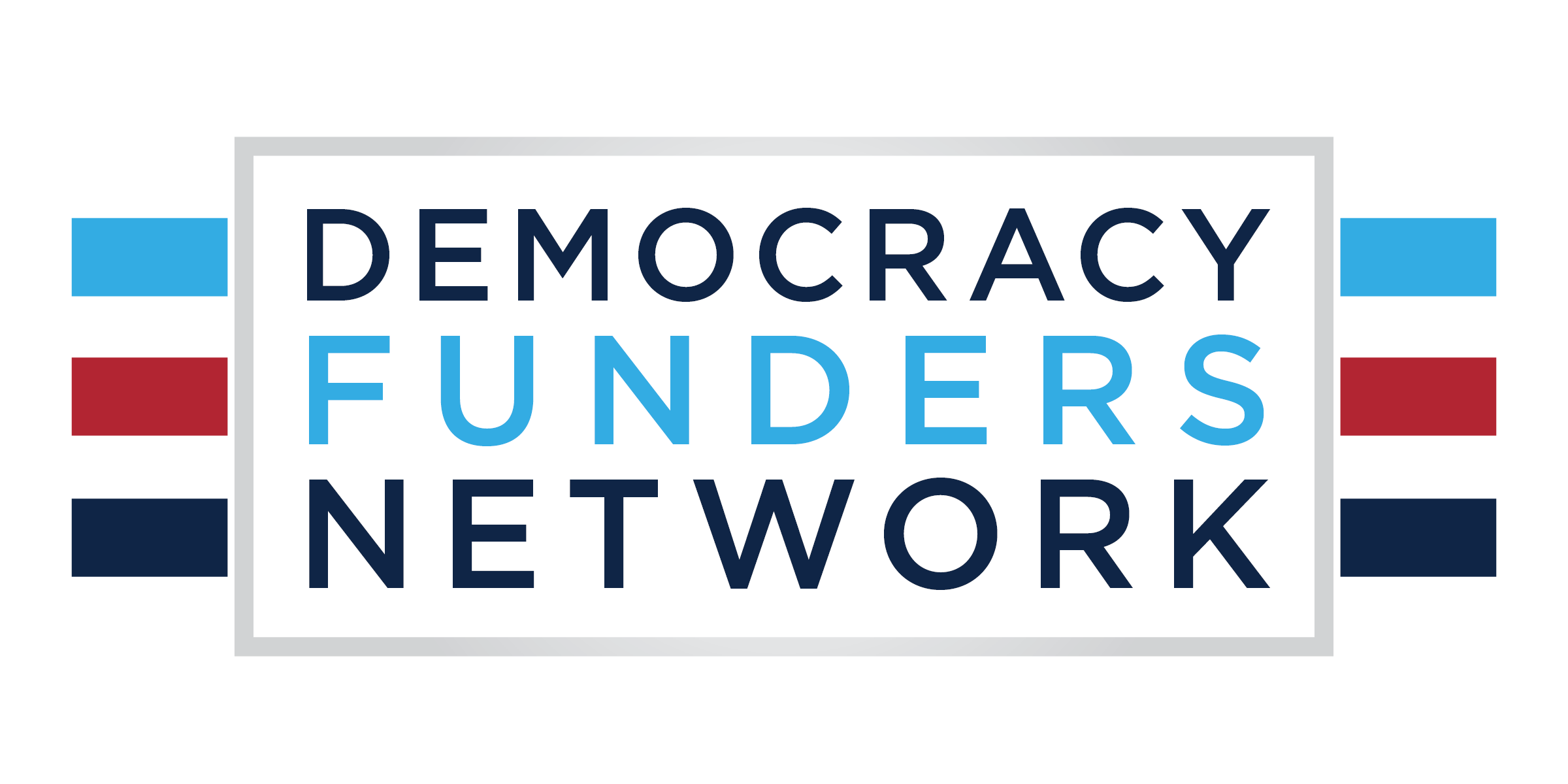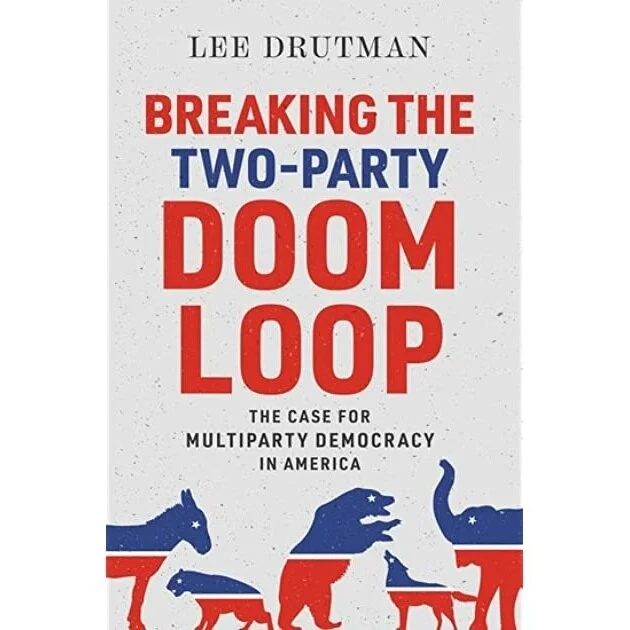Joe Goldman on how philanthropy can support the fight for a more open and just democracy. READ MORE>
In recent years, there has been a proliferation of organizations working to address our growing political divisions and hyper-partisanship. FixUS has developed this Landscape Review with the purpose of curating the many existing organizations devoted to improving the state of our democracy through political, economic, cultural, and other changes. READ MORE>
Arabella Advisors’ Loren McArthur explores how philanthropy can work to bolster government over the long haul and not merely seek to make up for its deficiencies. READ MORE>
Mohit Mookim, Rob Reich, Nadia Roumani, and Ayushi Vig outline how those with wealth and privilege are uniquely positioned to support the building and reimagining of our tattered and under-resourced democracy-preserving institutions. READ MORE>
This report by the American Academy of Arts & Sciences includes key recommendations to increase citizens’ capacity to engage in their communities, call attention to promising local initiatives around the country, combat rising threats to democratic self-government, and rebuild trust in political institutions. READ MORE>
This essay series from the Knight Foundation and Kettering Foundation explores the challenges and opportunities for American democracy and what role philanthropy can play in addressing those challenges. It includes 18 pieces by leading thinkers on the future of our democracy including Francis Fukuyama, Antonia Hernández, Brian Hooks, and Yascha Mounk. READ MORE>
DFN’s Executive Director Mike Berkowitz outlines the damage President Trump does by claiming fraud refusing to concede in the 2020 election. READ MORE>
Inside Philanthropy speaks with funders about their reactions to the 2020 elections and plans for continued work in the democracy field. READ MORE>
Ben Wittes and Susan Hennessey describe how to interpret Donald Trump’s behavior as a president in the context of how we understand the presidency as an institution, detailing which aspects of Trump are radically different from past presidents and what aspects have historical antecedents.
Michael Lewis describes the damage done to the machinery of government by Donald Trump’s botched transition and political appointments, many of whom did not show up, and those who did were critically uninformed about their roles.
Daniel G. Newman presents an intriguing and accessible nonfiction graphic novel about the role wealth and influence play in American democracy. He shows the influence wealthy elites such as CEOs of corporations, billionaires, and lawmakers have over our democratic system, and explores potential solutions.
Lee Drutman tells the story of how American politics became so toxic, why the country is trapped in a doom loop of escalating two-party warfare, and why it is destroying the shared sense of fairness and legitimacy on which democracy depends. He argues that the only way out is to have more partisanship-more parties, to short-circuit the zero-sum nature of binary partisan conflict.











